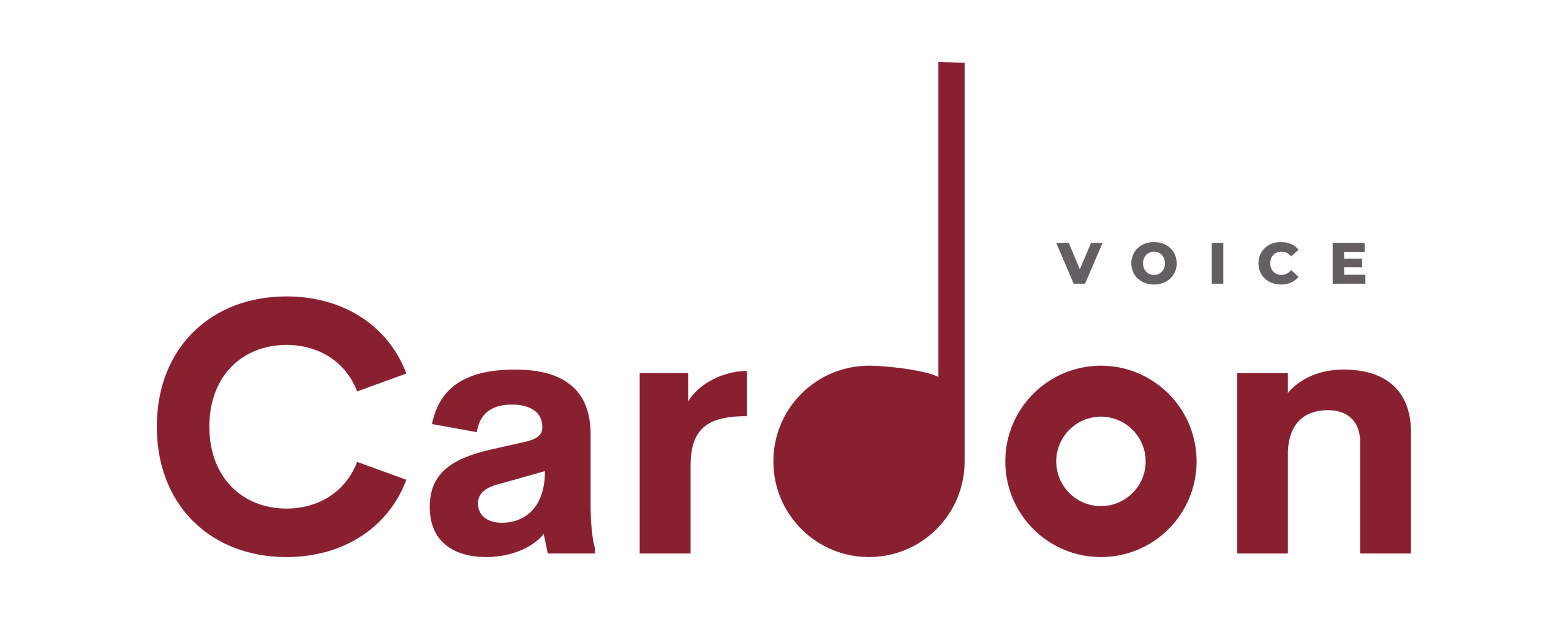For singers of all ages, styles of music, and levels of singing, cultivating a healthy practice mindset is key to success. Those singers who can stay focused on their goals and systematically structure their progress are those who will ultimately achieve the voice (and the career or creative outlet) they’re dreaming of! Losing sight of your goals by setting goals that are too vague or exist too many steps in the future is the fastest way for a singer to feel lost or hopeless.
New seasons are a great time to implement change. Take charge of your goals by working smarter, not harder, and recruiting supporters, collaborators, mentors, and teachers who can help you stay focused on the steps that build up to your main goal. There is no need to dive into the deep end, and no need to pursue your journey alone.
Of course, singing (whether with a goal toward performance or recording- or both!) is not a pursuit with a single step toward success. Singing encompasses skills in vocal function, technique, expressive abilities, stage presence, marketing, and recording, just for a start. As you plan your new season of goal-getting, consider itemizing the progress you would like to make in each area (or focus on a few checkboxes in just one!). Deadlines can be powerful motivators, too, so consider shooting for a specific date (i.e. the new year, or your birthday) for a small collection of tasks, while aiming to start a new checklist when that deadline passes.
To avoid singing overwhelm, stick with these simple rules for your goal setting and practice planning:
- Goals must be Achievable
Set goals for yourself which are something you can do successfully about 85% of the time. Your brain needs this margin of error to be able to learn– by succeeded several times, you’re giving yourself the feedback you need to memorize the task and turn 85% of the time into 100% of the time. From there, you can create your next small goal that works up to the big picture goal. On the flip side, if you can’t succeed at the task you’ve identified at least 85% of the time, you can’t give your brain the feedback it needs for how to accomplish the goal correctly and therefore you’ll never cement it in your habits/muscle memory. In fact, but picking a goal that is too advanced (or a song that is too advanced!) you may actually be contributing to your own struggles– attempting the action poorly is giving your brain and body all the wrong feedback and muddying the waters. There is no shame in starting small; it is, in fact, completely necessary! All the greats have taken this course of action to build up their skills; don’t be too proud to do the simple foundational work. - Goals must be Believable
You are your own worst enemy — and what you tell yourself inside counts double against what others tell you. Singing is a mental game on a variety of levels. Before you can strengthen your mind-body control and improve your physical skills, you must strengthen your control over your mind, your thought patterns. What you believe about yourself and your voice is paramount to your success. This doesn’t mean to lie to yourself that you’re the greatest singer the world has ever known, but rather reinforce that you are on the path to success. Wherever your skills lie at this moment, they can and will be improved if you commit to putting in the correct strategic work. Remind yourself often that you have the capacity to grow, you have the resolve to do the hard work, and you have the heart to be an expressive, powerful artist. Surrounding yourself with people you trust to provide good guidance can also improve your odds of success, partially for their input, and partially because it can provide you with more confidence and clarity surrounding your journey. Teachers and collaborators can be instrumental in supporting you and fostering your belief in your potential– don’t sell yourself short by isolating. - Goals must be Commit-able
Your commitment to your journey comes from your passion. If the end goal doesn’t inspire you, you are unlikely to follow through on the smaller goals that will get you there. Never lose sight of where you want to be, even if you’re still in the figuring-it-out stages of how to get there. Does the end goal feel overwhelmingly large? Zoom in and find the step that comes before the end goal, and continue zooming in to the smaller levels until you figure out which one is Achievable and Believable so you can start there. Creating a roadmap of your success with a variety of levels to unlock is a great way to keep yourself accountable without losing your fundamental inspiration!
Lastly, remember– Consistency is key. Whatever goals you’ve decided on, make sure you’re taking action toward them every day (or at least every week… but studies support that habits are easier to sustain if they are acted on daily!).
Looking for a teacher who can help you break things down into manageable steps? Schedule a free consultation with Kate Cardon to learn how Cardon Voice can help you ready your goals.

